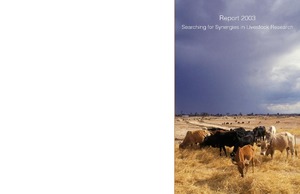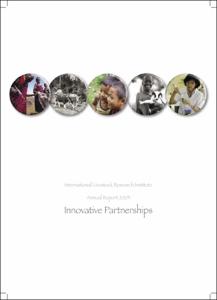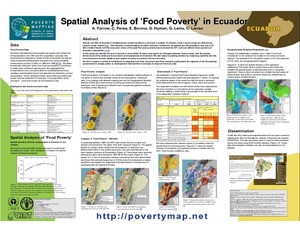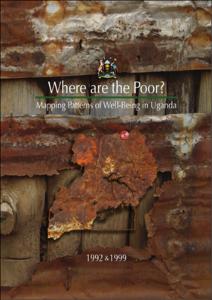Acción colectiva y derechos de propiedad en la gestión de la pesca
Hasta finales de la década de los sesenta, los pobladores de la isla San Salvador, en Filipinas, gozaban del acceso libre e ilimitado a los recursos naturales costeros. A principios de los años setenta, una ola de inmigración, combinada con la integración de la economía de la isla al mercado internacional de peces ornamentales, y el cambio hacia las operaciones de pesca destructivas, arruinaron las zonas pesqueras y dieron lugar a los conflictos.










